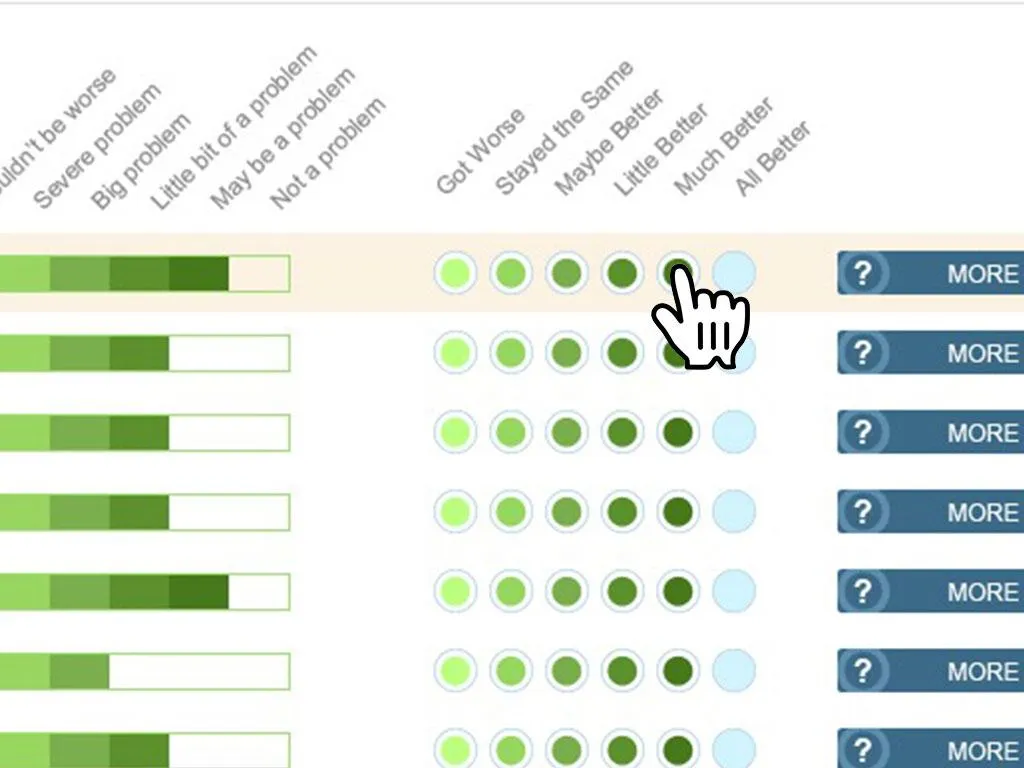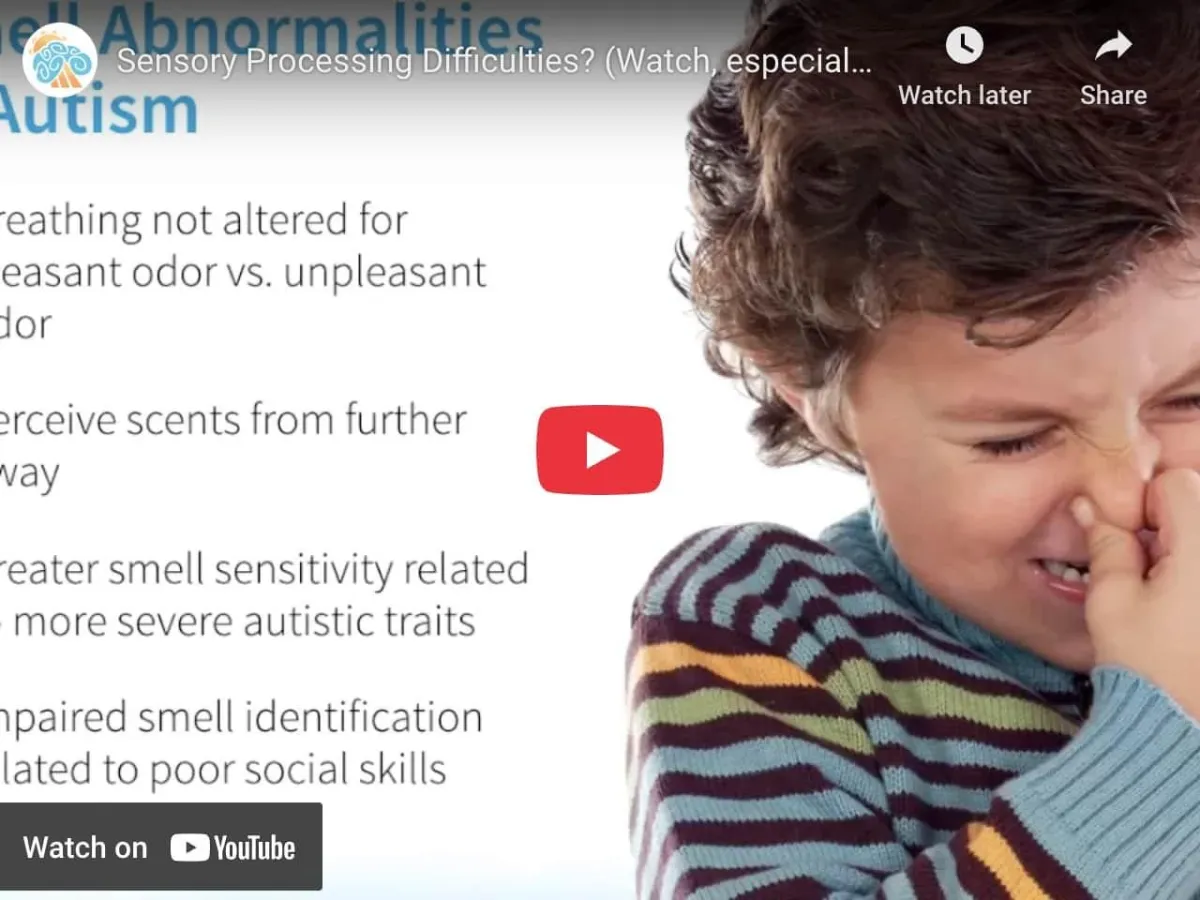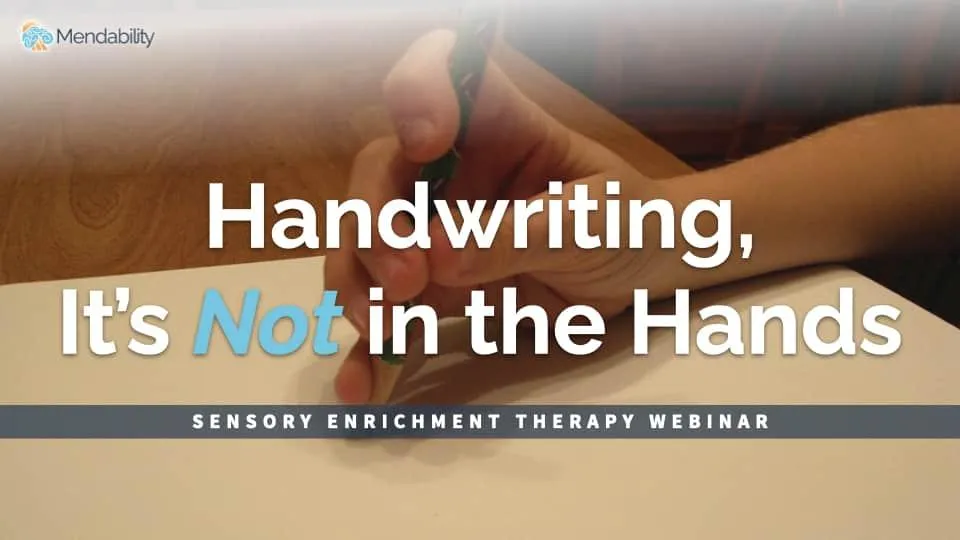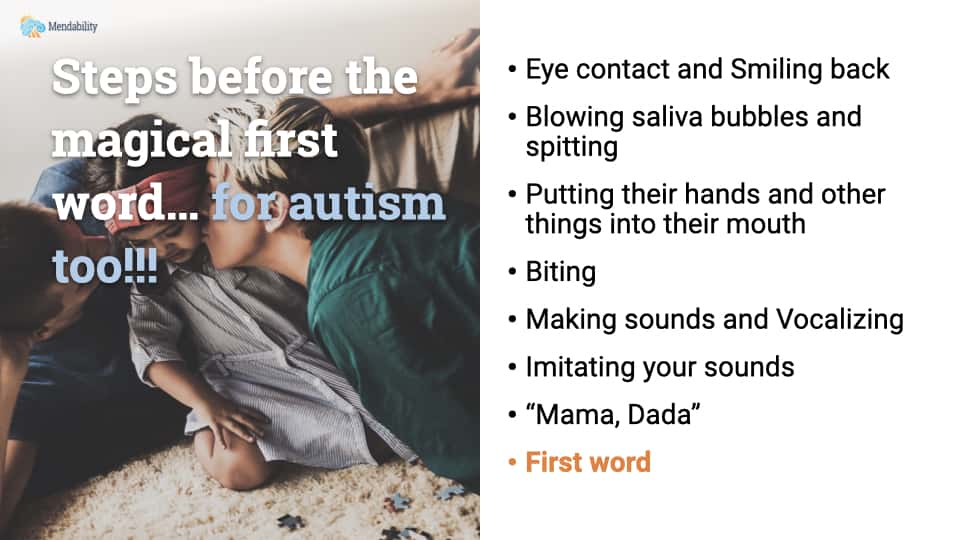
Increase your happiness by measuring your child’s progress
Have you ever compared your child to other children?
How do you react when other people talk about normal vs. special needs?
Who defines what an average child is supposed to be able to do?
Who decides that your child is “broken”?
Should we not be looking for a way to make everyone exceptional?
Before you read anything else, watch this:
My first encounter with “normal” children happened 36 years ago, when I was pregnant with my first boy: Kim.
I am French. In France, if you were a good mother 30 years ago, you read, studied, memorized this book, titled “Parent”.
It says that:
“if your child does not cry every day between six and seven pm, he has a serious problem and you need to consult with your pediatrician”.
Kim never cried.
I believe that there was a reason for that: I spent every waking hour and many of the night hours my eyes riveted to his beautiful face. If he showed by a sucking motion of the lips that he was hungry, I would pick him up and breastfeed him. If he made a face suggesting discomfort, I promptly and lovingly checked his diaper, a fold in the sheet, the position of his toes.
I was of course totally excessive, as the mother of every first child, but the result I experienced was one of a peaceful and content baby who never cried.
I was confident enough to sincerely believe that the book was wrong and I put it away for good, and, years later, wrote my own book on child development.
How many mothers called the emergency unit for immediate consultation because a famous book was telling them that their child was not normal?
We must measure our child according to himself.
Every time I run an evaluation I look for those capacities in a child upon which it will be possible to build recovery. I recently assessed a wonderful little Chase, a strong-willed, intelligent and tender child affected with severe cerebral palsy. I was amazed with the quality of the motion in his joints, the strength of his back, the quality of his eye scanning. As I was expressing all this to the mother she told me how great it was to hear about his positives, while most often she would be told about his incapacities.
If your child is non-verbal, meaning, he does not communicate with words, he probably is still communicative if he moves around, looks for an object, responds to your requests. He has a conversation going in his mind and this is just as valuable as spoken words.
If your child has poor sleep, he still sleeps some, doesn’t he? Maybe not at the time you would like, maybe not in long stretches of time that you would benefit from yourself, but he does sleep some.
How can you measure your child’s capacities using himself as a measuring table rather than other children?
First you need to know that this is the only valid and exact measure.
Comparing your child to any other child is not only unfair, it is inaccurate. It is unfair because it probably will lead you to make decisions that would be working for that other child but not yours, and it is unfair because it does not allow him to be who he is and who is is going to become. It is inaccurate because it uses numbers which do not exist and are averages of the best and of the worst.
Start from his first day of life and chart down all the components of development:
Movement
Communication
Focus
Interaction
Learning
Feeding
Sleep, etc.
What could your child do on his first day of life? Do you remember?
What could he do when he was six months old?
Draw a graph, for each of the fields of development, with the age at the bottom and levels of accomplishment on the left vertical line
(fix the terms there-show an example of graph)
The purpose of this exercise if for you to see that your child is developing and learning… at his own pace, yes, but the pace is there!
With this positive attitude, you will find that you will feel more peaceful, more optimistic and more ready to build a world around your child in a way that can help him.
As you observe your child within his own self and within the family you may find that you opted for therapies or plans of action that are not suited for him, or that don’t work for him, simply because he is his own person and a broad approach of his present difficulties is simply not matching his needs.
When you learn how to appreciate your child and his capacities, you also learn how to bring to him the right tools, plan and objectives.
For example, if your child does not use words yet, going to speech therapy may be premature, while doing music therapy, playing drums, dancing might help to develop auditory processing and breathing which are crucial components of speech.
As Shawn Achor states in his talk which I hope you have watched by now, being happy must be the first step to any project.
You cannot make a project which will lead you and your child to be happy when the project is completed.
Be happy now, be proud of what your child can do and rejoice with the moment you have.



